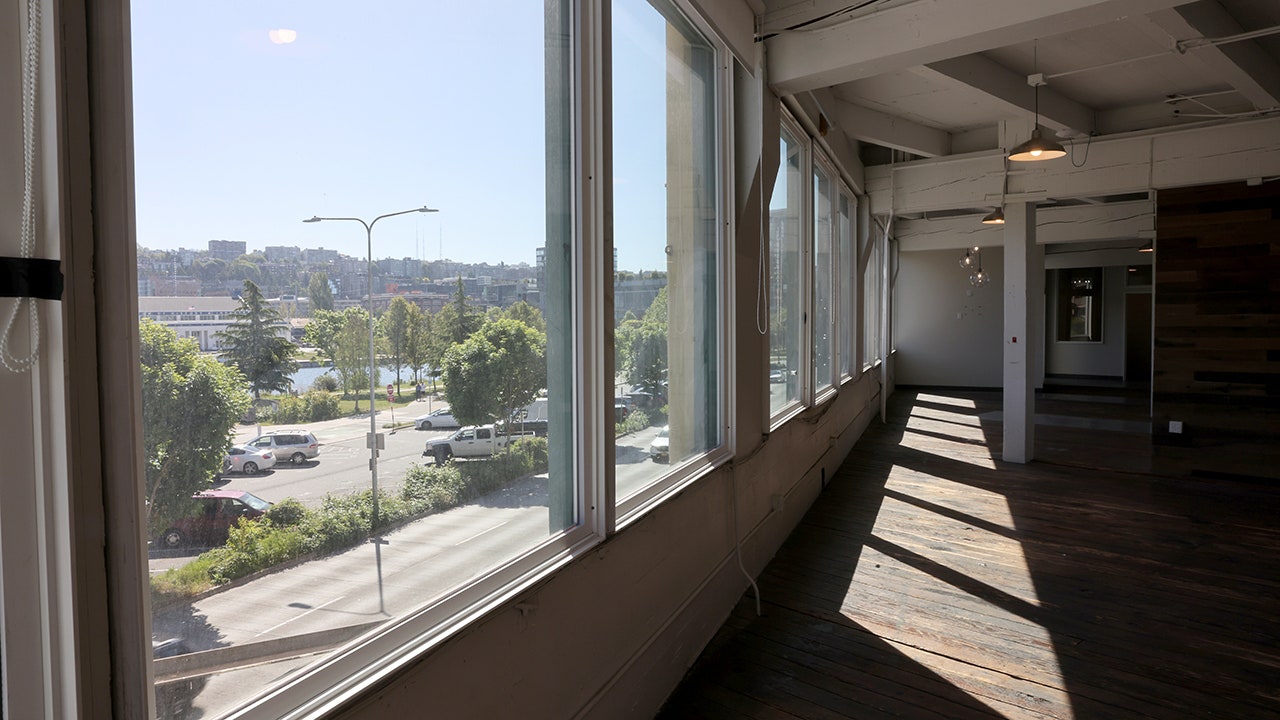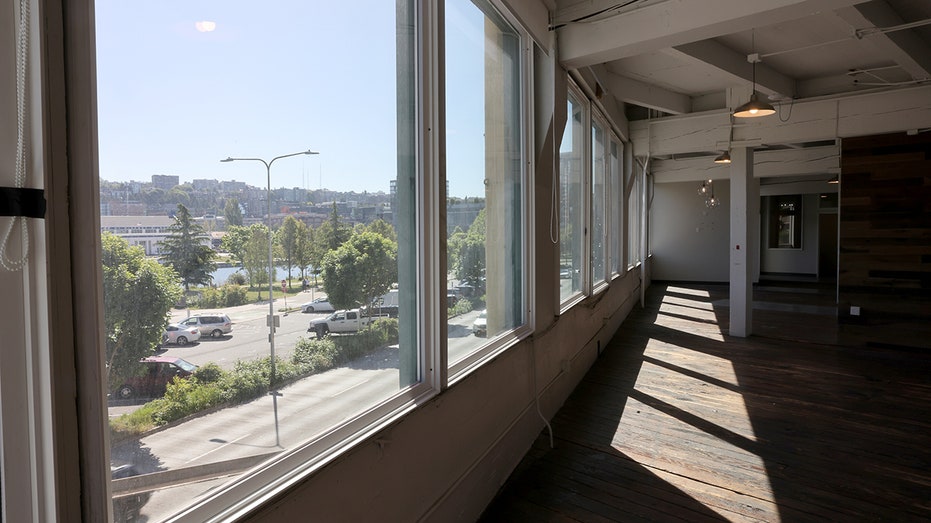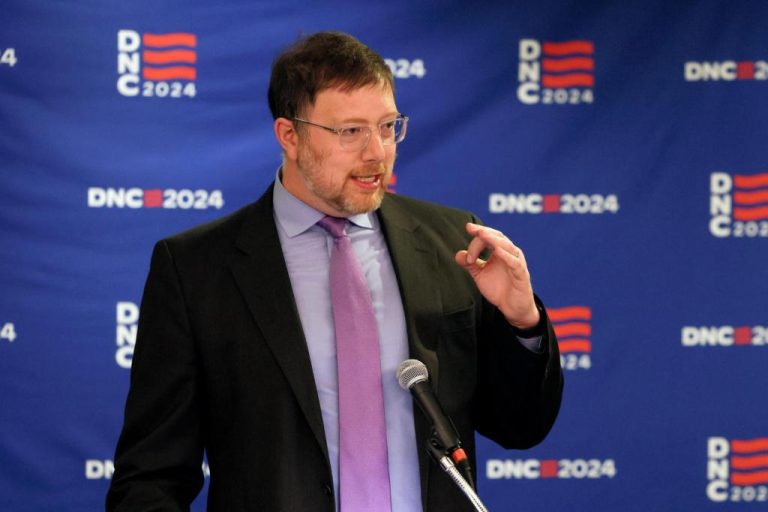
Bruce Mosler, global brokerage chairman at Cushman and Wakefield, joined ‘Varney & Co.’ to discuss the impact remote work has had on New York City office space.
Almost four years later, commercial real estate is still feeling the disruption of the COVID-19 pandemic. Mismanaged firms like WeWork are going bankrupt, markets like San Francisco are suffering a 30 percent vacancy rate, and companies like Dropbox are paying tens of millions of dollars to reduce office space.
It’s bad news for landlords, who are increasingly handing the keys back to lenders. But it’s great news for tenants, who now have the leverage to negotiate better prices with more flexible terms. But while some landlords flounder, others are taking advantage of the market trend to offer amenities which used to be reserved for the biggest clients, like large law and accounting firms.
The commercial real estate market in the DMV is better off than many metropolitan areas thanks to the large government base and the associations, nonprofits, and lobbying firms drawn by the nation’s political leaders. But vacancies in the suburbs are crushing property sale values, and diminished property tax revenues are squeezing local government budgets. In the District itself, the majority of vacancies are in older, larger buildings – which is hardly an advantage for amenity-laden, modern buildings because empty storefronts and “space available” signs ultimately reduces their attractiveness, as well.
When the amenities war began, some landlords added fitness centers, conferencing centers, and roof decks. But what was spiffy a decade ago is now dated – just like the five-day, in-person work week and the fax machine. Joey Coleman, best-selling author of “Never Lose An Employee Again,” said that the best landlords “deliver a remarkable experience that takes into consideration what would actually make people WANT to come to the office – to say ‘I LOVE that we’re back!'”
CLICK HERE FOR MORE FOX NEWS OPINION
Thor Equities CEO Joe Sitt discusses what a sharp drop in commercial real estate could mean for banks on ‘Varney & Co.’
The solution is in the problem: Forward-looking landlords are rethinking the traditional landlord relationship. They are building two-way relationships and finding new ways to communicate value to tenants, much like how Starbucks changed coffee from a drink into an experience, and Chick-fil-a hands out fast-food with award-winning politeness.
FED’S INTEREST RATE DECISIONS ‘DESTROYED’ COMMERCIAL REAL ESTATE MARKET, EXPERT WARNS
Here are ways landlords in the DMV and elsewhere are keeping current tenants and winning new leases:
- Stop the bleeding by retaining existing tenants. Most tenants want less space, so have a transparent conversation about their needs long before they are ready to move. Once you understand their new size needs, build the new, simple space that is move-ready within six months. You’ll likely earn gratitude for rent saved and a new, longer lease.
- Make the most cost-effective and attractive brick-and-mortar improvements possible. This won’t keep up with the Joneses, but at least you’ll be in the same neighborhood (pun intended).
- Create a welcoming environment by training staff to provide superior customer service. It’s no longer good enough to say “Hello, have a good day.” Today’s best front-office staff is going with the tenant to look at a broken air conditioning unit, or making tailored introductions to outside vendors who help create an amazing hybrid experience.
- Find out who wants what you’re offering. Some tenants prioritize the snazzy coffee bar and “Zoom room.” Others simply want the best location and best price – even if the building is a little aged.

Commercial office space is seen empty in a building owned by GEM Real Estate Partners that is up for sale in the South Lake Union neighborhood in Seattle, Washington, U.S. May 14, 2021. REUTERS/Karen Ducey (REUTERS/Karen Ducey / Reuters Photos)
CLICK HERE TO GET THE FOX NEWS APP
Vacancy rates are only going up in the DMV and this means that tenant-landlord conversations are no longer like an annual review or doctor check-up, where the payer winces in anticipation at the bad news and uncomfortable experience. Successful owners, building managers, and front-desk staff are building real relationships to understand what tenants want, and to communicate how management is making those things happen.
Todd Sherbacow is a partner in Clarity Tenant Representation and founder of the tenant services firm SuiteMatters. Dustin Siggins is a nationally published business writer and the founder of Proven Media Solutions.







